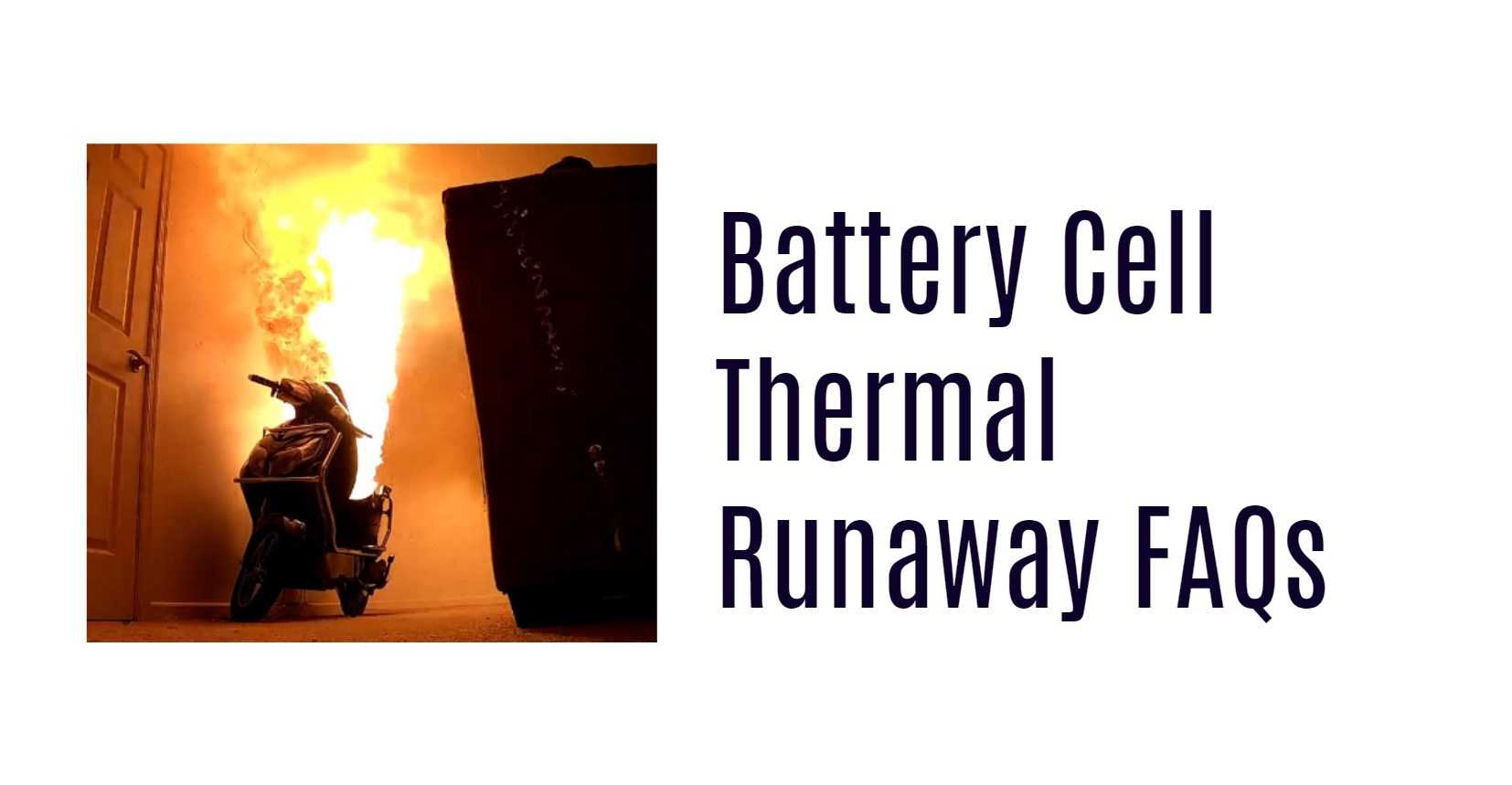As energy storage technologies evolve, understanding the differences between batteries and supercapacitors becomes increasingly important. Both serve critical roles in various applications, but they operate on different principles and have distinct characteristics. Here are some frequently asked questions to clarify their differences.
1. What is the primary difference between batteries and supercapacitors?
Batteries store energy chemically through electrochemical reactions, while supercapacitors store energy electrostatically by accumulating charges at the electrode surfaces. This fundamental difference leads to variations in energy density, power density, and discharge characteristics.
2. How do energy densities compare?
Batteries typically have a much higher energy density (measured in Wh/L) than supercapacitors. For example, lithium-ion batteries can achieve energy densities of up to 650 Wh/L, whereas supercapacitors usually reach around 10 Wh/L. This means batteries are better suited for applications requiring long-term energy storage.
Wholesale lithium golf cart batteries with 10-year life? Check here.
3. What about power density?
Supercapacitors excel in power density (measured in W/L), allowing them to deliver energy quickly—up to ten times faster than batteries. This makes them ideal for applications that require rapid bursts of power, such as regenerative braking systems in electric vehicles.
4. What are the self-discharge rates for each technology?
Supercapacitors have a higher self-discharge rate, losing around 30% of their stored energy within a month, compared to batteries, which typically lose about 10% over the same period. This makes batteries more suitable for applications requiring long-term energy retention.
Want OEM lithium forklift batteries at wholesale prices? Check here.
5. How do charge and discharge cycles differ?
Supercapacitors can endure over 1 million charge/discharge cycles without significant degradation, while traditional batteries generally last between 2,000 to 3,000 cycles before performance declines. This longevity makes supercapacitors advantageous for applications with frequent cycling.
6. Can supercapacitors replace batteries?
While supercapacitors offer unique advantages, they cannot fully replace batteries due to their lower energy density. Instead, they are often used in conjunction with batteries to optimize performance—batteries provide sustained energy output while supercapacitors handle quick bursts of power.
7. What are the environmental impacts of each technology?
Batteries, particularly lithium-ion variants, raise environmental concerns due to mining practices for materials like lithium, nickel, and cobalt. In contrast, supercapacitors can utilize more sustainable materials such as activated carbon from biomass sources, making them potentially more environmentally friendly.
8. What are the best applications for each?
- Batteries: Ideal for applications requiring high energy storage over extended periods, such as electric vehicles, renewable energy systems, and portable electronics.
- Supercapacitors: Best suited for applications needing rapid power delivery or frequent cycling, such as electric buses with regenerative braking or backup power systems.
9. Are there any recent advancements in these technologies?
Recent developments include improvements in supercapacitor materials that enhance their energy density and efficiency while reducing costs. Additionally, research continues into hybrid systems that combine both technologies for optimized performance across various applications.
10. How should I choose between a battery and a supercapacitor?
The choice depends on your specific application needs:
- If you require long-term energy storage with gradual discharge, opt for a battery.
- If your application demands quick bursts of power or frequent cycling, consider using a supercapacitor or a hybrid system combining both technologies.
Conclusion
Understanding the differences between batteries and supercapacitors is essential for selecting the right energy storage solution for your needs. While both technologies have their strengths and weaknesses, ongoing advancements continue to enhance their capabilities and applications in various fields.






